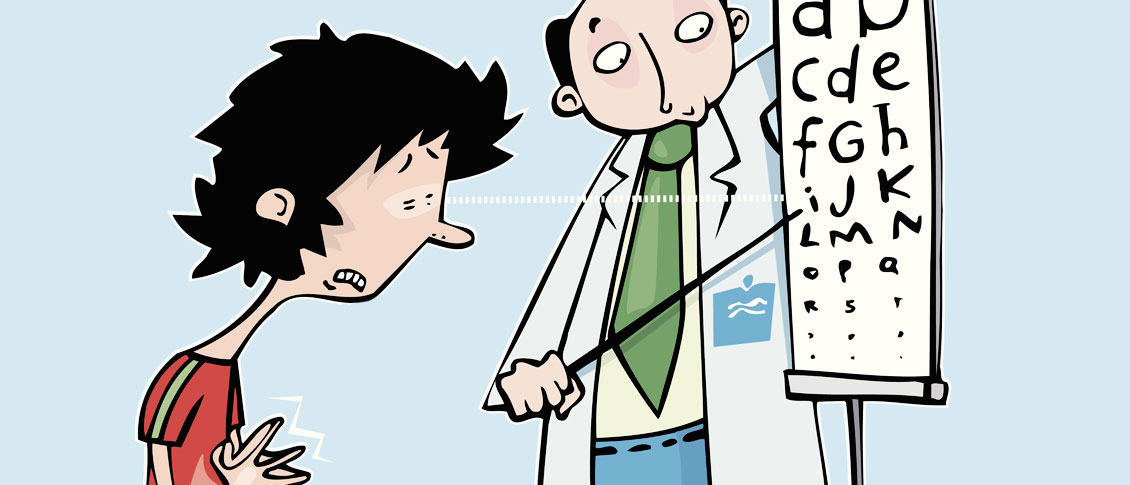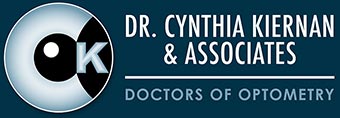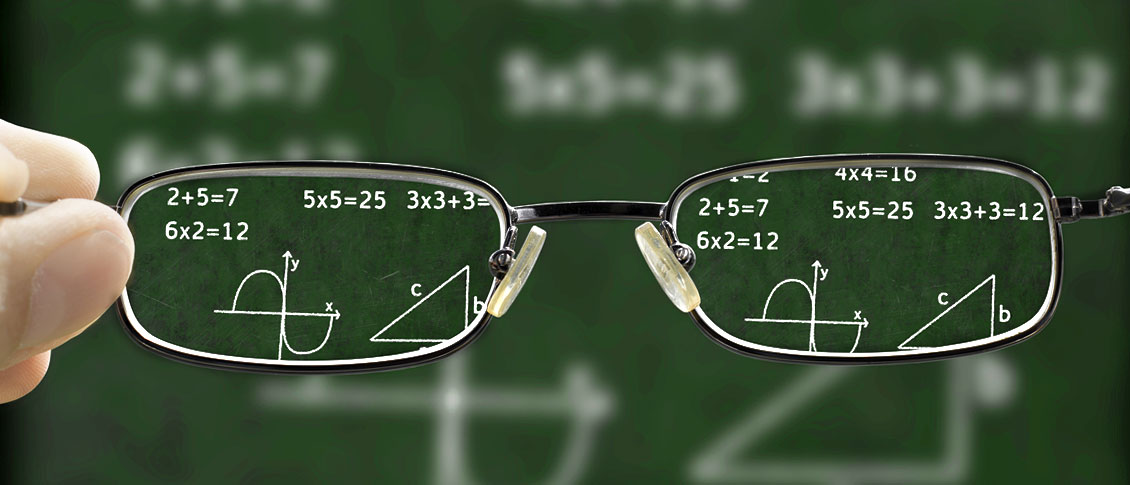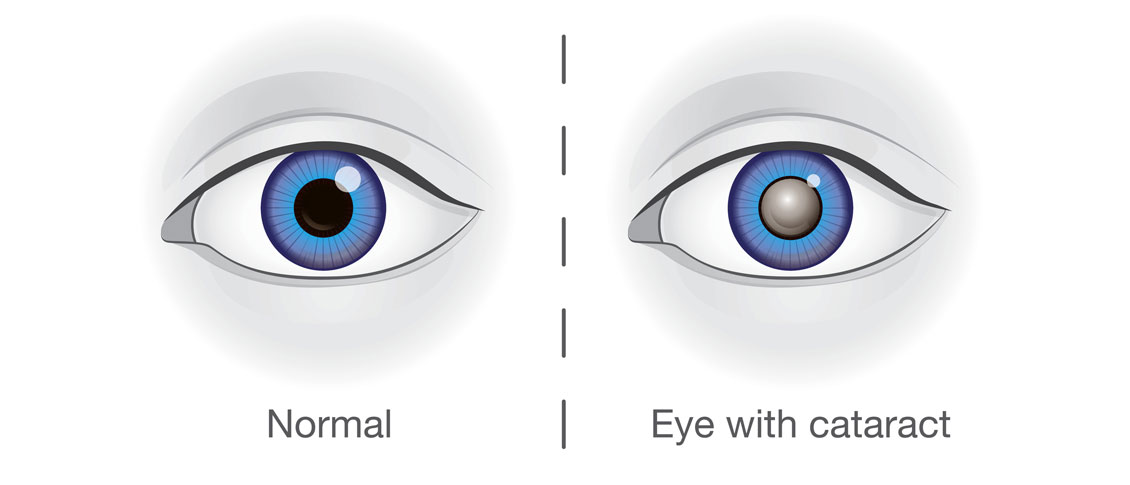A Child’s Vision

What are conditions that can affect a child’s vision and the potential for learning? What is Amblyopia? What is Strabismus? What about Convergence Insufficiency? These are serious conditions of a child’s eye that need addressed. Did you know that 80% of learning comes through vision? The proverb that states, ”A picture is worth a thousand words” is true! But what if a child cannot visually see or process those words?
Let’s explore Amblyopia , or “lazy eye”. It affects 3-5% of the population, enough that the federal government funded children’s yearly eye exams into the Accountable Care Act or ObamaCare health initiative. Amblyopia occurs when the anatomical structure of the eye is normal, but the “brain -eye connection” is malfunctioning. In other words, it is like plugging in your computer to the outlet and the power never gets to the computer all the way.
Amblyopia need to be caught early in life, in fact if it is not caught and treated early (before age 8) it can lead to permanent vision impairment. Correction with glasses or […]










